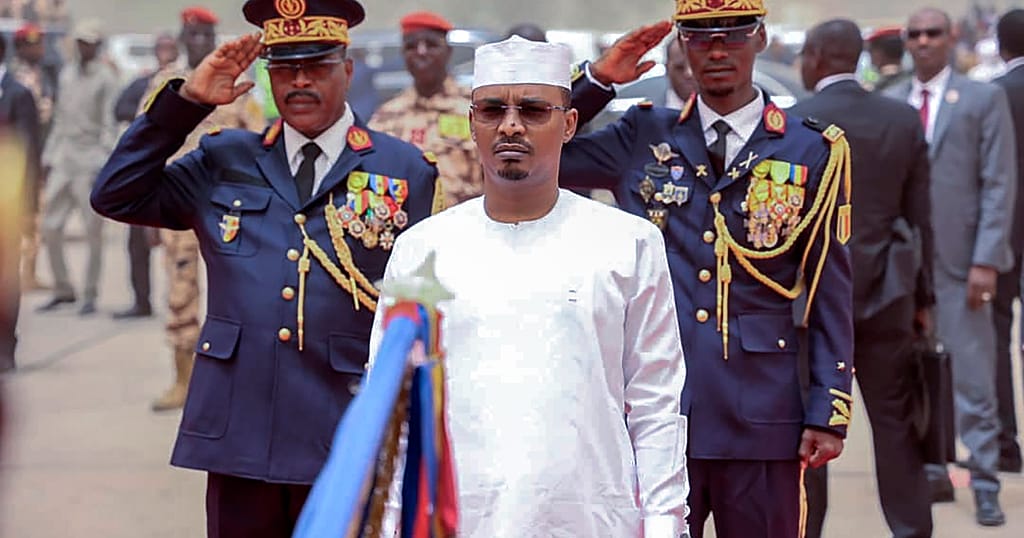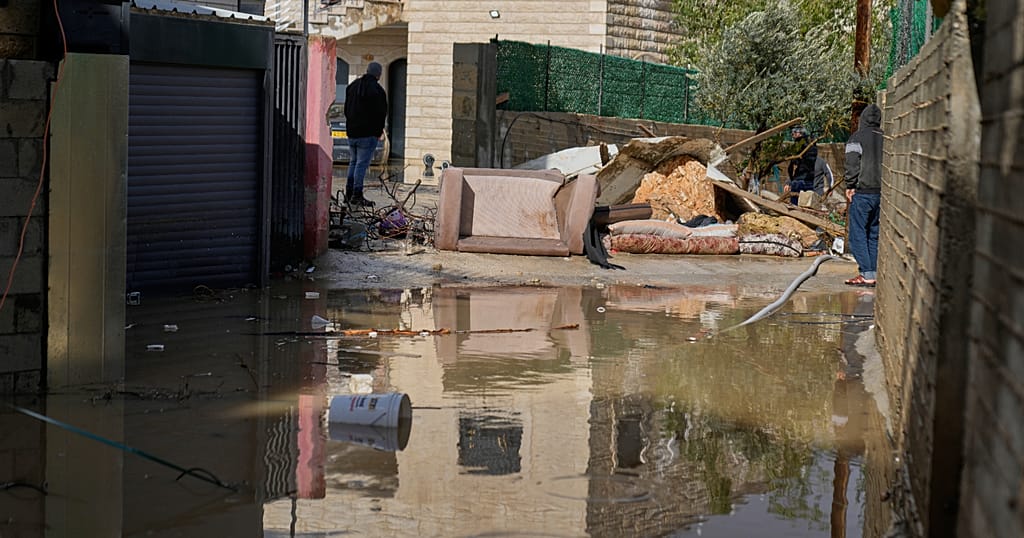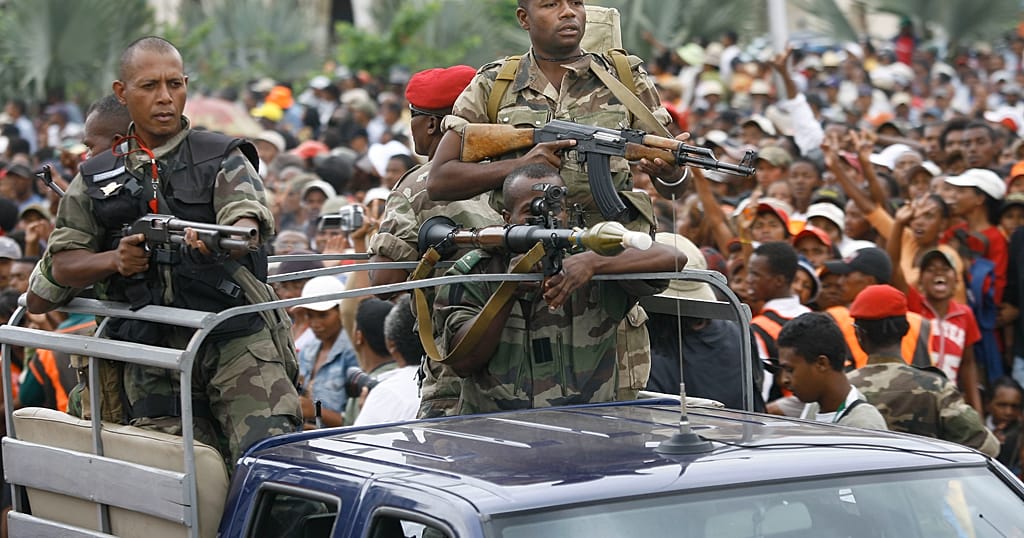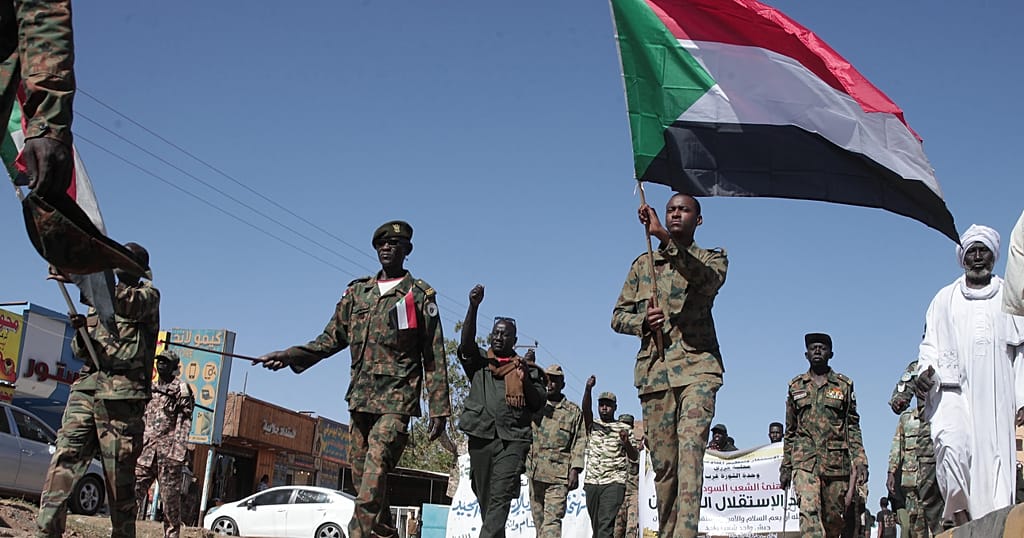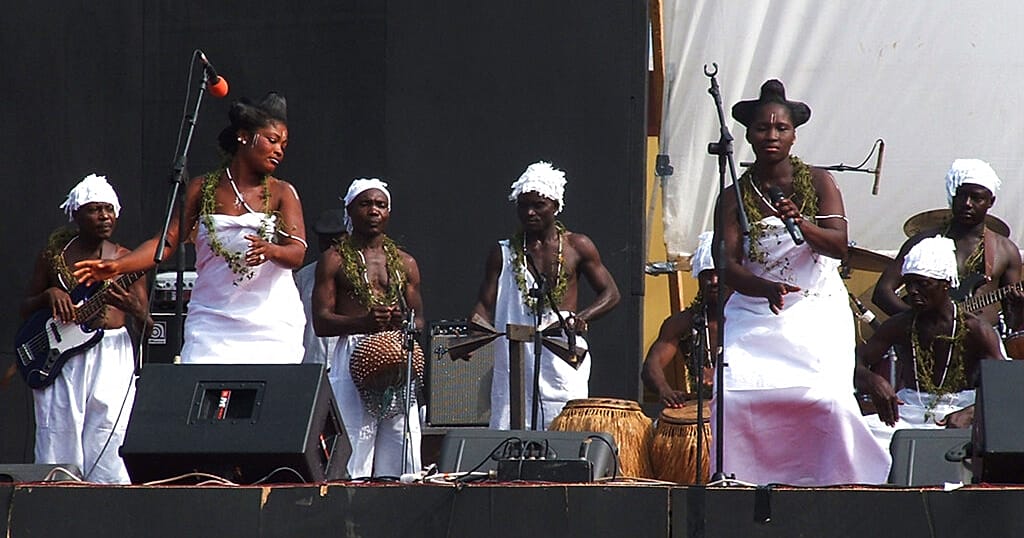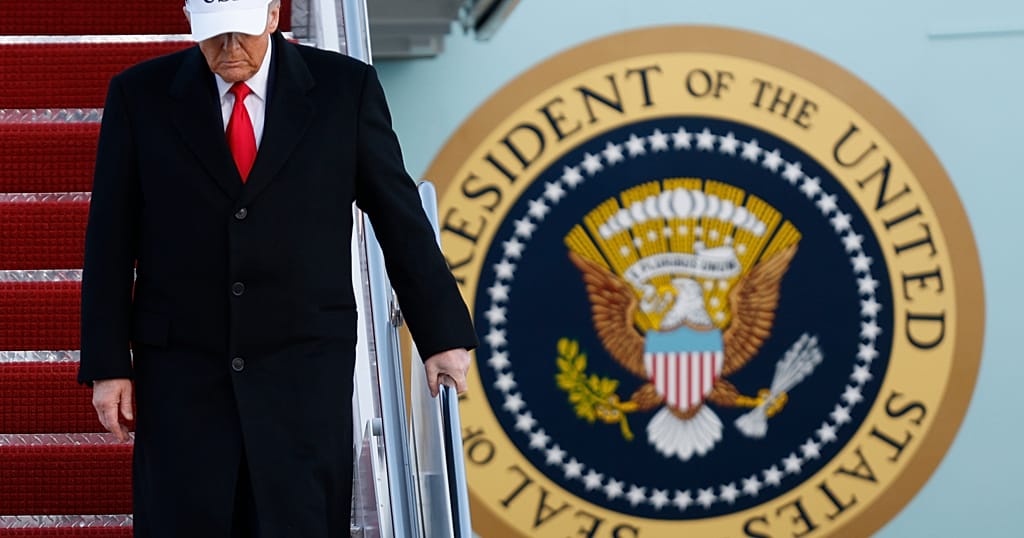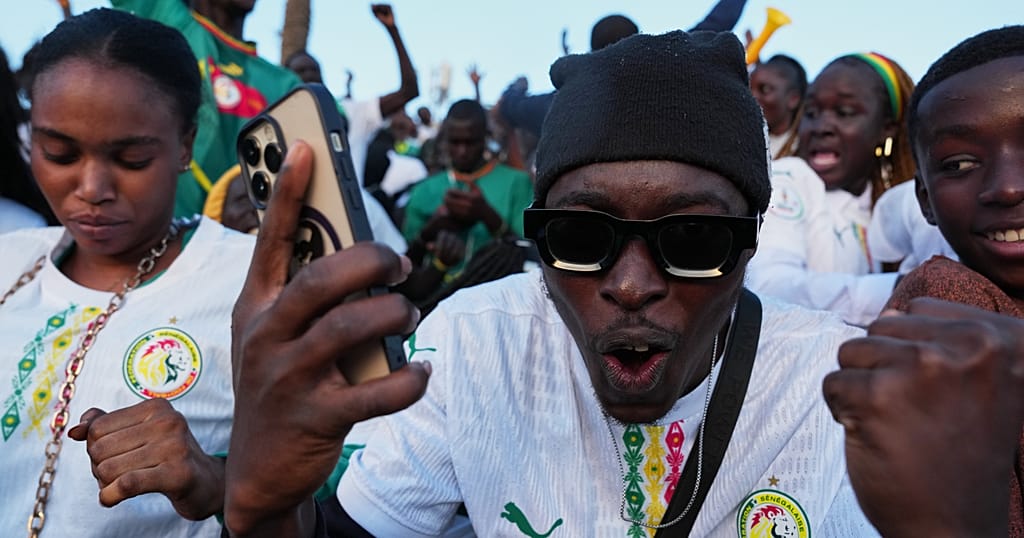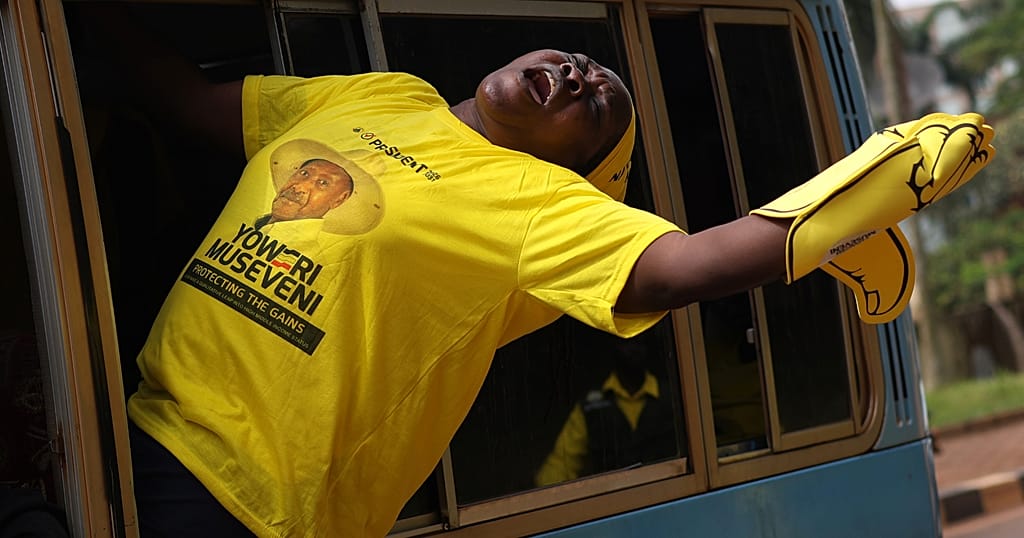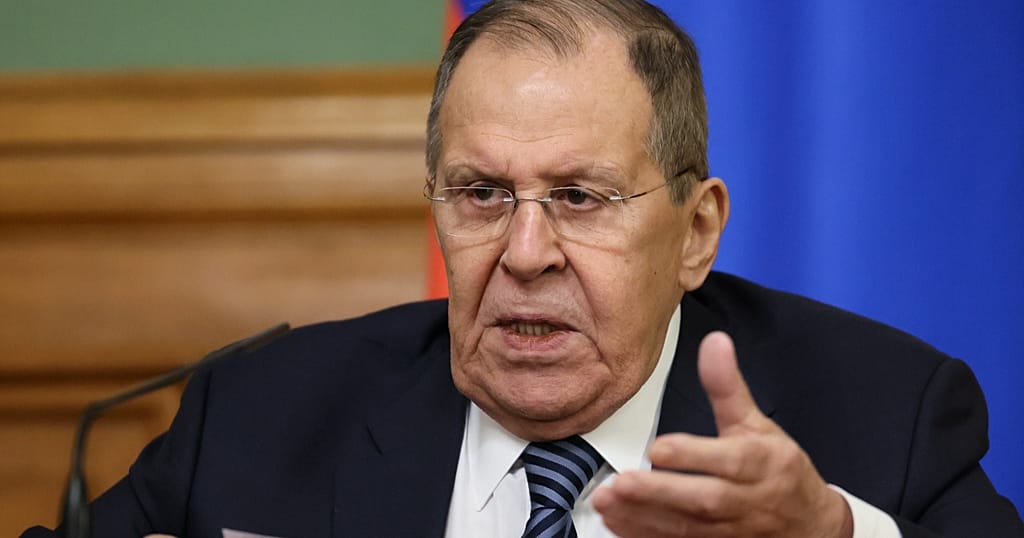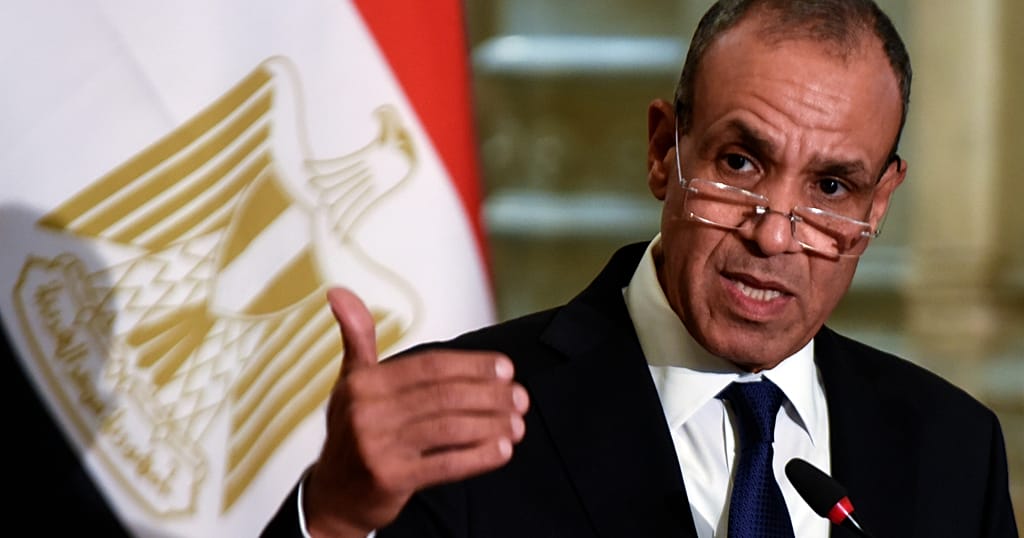Kenya-led multinational force headed to Haiti to face “major hurdles” – report
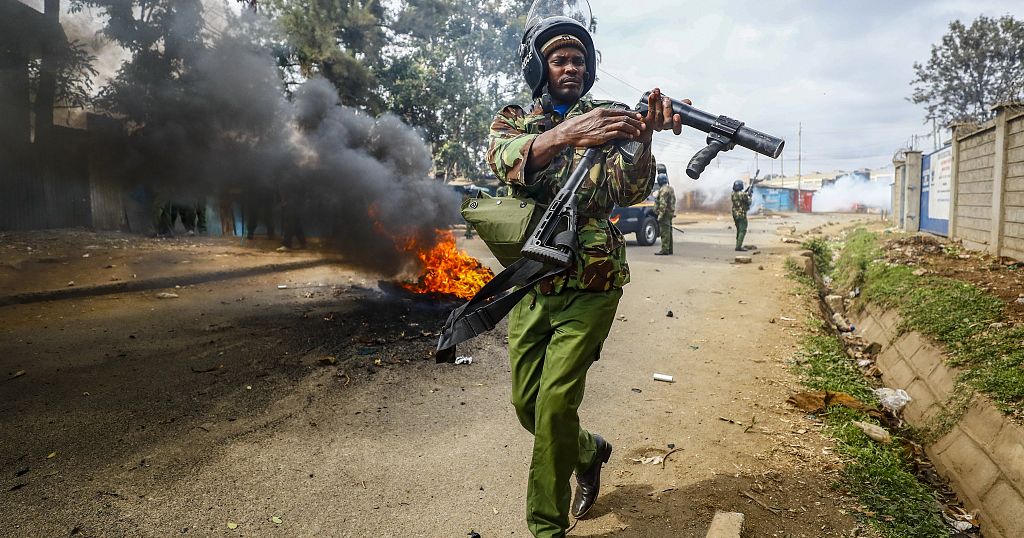
The Kenya-led multinational mission aimed to support the Haitian National Police in its fights against gangs will face multiple challenges a report by Belgium-based International Crisis Group warned Friday (Jan. 05).
Corruption, links between the police, politicians and gangs, overcrowded prisons, outnumbered police officers, and difficulties of protecting civilians in urban warfare are some of the many challenges listed in the report.
“For all these reasons, preparation will be of critical importance,” the report read.
Less than 10,000 officers are estimatyed to be on duty at any time in a country of more than 11 million people. Ideally, there should be some 25,000 active officers, according to the U.N.
“The police are completely outnumbered and outgunned by the gangs,” said Diego Da Rin, with International Crisis Group, who spent nearly a month in Haiti late last year to do research for the report.
He said the people he interviewed were very skeptical that the force would even be deployed, given that it was approved by the U.N. Security Council last October, a year after Haitian Prime Minister Ariel Henry requested the urgent mobilization of an international armed force.
Many issues “left unsaid”
Some 300 gangs control an estimated 80% of the capital of Port-au-Prince, with their tentacles reaching northward into the island’s food basket.
Last year, gangs were suspected of killing nearly 4,000 people and kidnapping another 3,000, a spike compared with previous years, according to U.N. statistics.
Over 200,000 people have been forced to flee their communities as gangs set fire to homes, kill and rape residents.
Last August, Jimmy Chérizier, a former police officer considered Haiti’s most powerful gang leader, said he would fight any foreign armed force if it commits abuses.
Da Rin said he interviewed a Haitian security expert who did not want to be identified for fear of retaliation whom he quoted as saying, “Where are the prison facilities to put thousands of gang members? Is the international community suggesting that we kill thousands of lads? What structures are in place to reintegrate these young people into society? I’m appalled by what’s left unsaid.”
International Crisis Group said it separately interviewed two sources within Haiti’s National Police who were quoted as saying that senior commanders previously managed to prevent the capture of a powerful gang leader because of his alleged links to politicians or police.
Even if the mission is successful, officials must stop the flow of weapons and ammunition into Haiti, the report stated, and sever “the strong bond between gangs and Haitian business and political elites.”
The UN-backed multinational force has yet to deploy as it awaits a court ruling in Kenya.
Burundi, Chad, Senegal, Jamaica and Belize also have pledged troops for the multinational mission.
Source: Africanews


